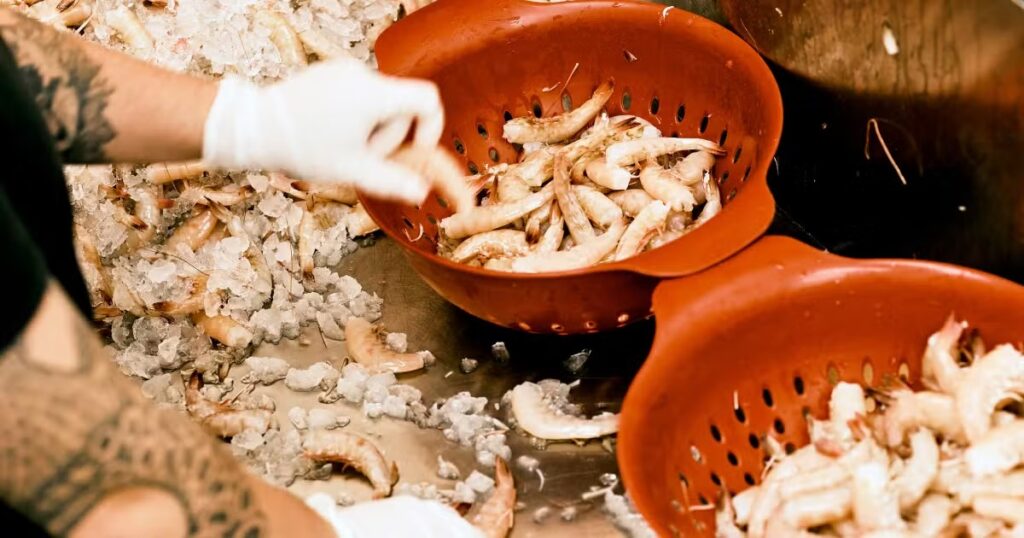In a surprising turn of events, shrimp fishers in the United States, particularly in Florida and Louisiana, are discovering renewed optimism amid the trade war instigated by former President Donald Trump. After enduring years of competition from imported farmed shrimp, which are often sold at significantly lower prices, many are cautiously hopeful that recent trade measures could provide the much-needed support to their struggling industry.
A Fresh Wave of Hope for American Shrimp Fishers
Frank Parker, a shrimp fisher hailing from Mississippi, is among those experiencing this new wave of optimism. In December, he made a bold investment in a larger shrimp boat, enabling him to venture into deeper waters for longer fishing trips. While the decision to purchase the boat was initially fueled by aspirations for business expansion, Parker was ultimately motivated by the prospect of tariffs on imported shrimp promised by the Trump administration.
“I finally felt like I could see light at the end of the tunnel,” commented Parker, reflecting on the moment in April when Trump upheld his pledge to implement tariffs on nearly all global imports. This announcement was a much-welcomed relief for him following years of economic struggles.
A Hard-hit Industry Finds New Promise
The shrimping industry in the Gulf of Mexico has encountered numerous hardships in recent years. From the devastation of natural disasters to environmental degradation exacerbated by human intervention, coupled with soaring fuel prices, the journey for shrimp fishers like Parker has been arduous. For decades, their market has been inundated with cheaper imported shrimp, significantly challenging their competitiveness.
Since 1842, Parker’s family has been entrenched in the shrimping trade—a generational vocation. Despite the ongoing challenges, he and his fellow shrimp fishers have persisted. The imposition of tariffs has ignited a flicker of renewed hope among them.
The introduction of tariffs is not merely about safeguarding local businesses; it’s a strategic move to create a more equitable playing field against lower-priced imports that, according to local fishermen, have long hindered their competitiveness. Many fishermen are optimistic that the new trade measures will tilt the market in their favour, allowing them to secure fairer prices for their catch.
Market Dynamics: The Future of the Shrimping Sector
Despite the optimism, uncertainty looms large. The ramifications of the tariffs are still unfolding, and their long-term effects on both the local shrimping industry and the global seafood market are yet to be fully understood. Nevertheless, for the first time in years, fishers like Frank Parker feel they are not just fighting for survival; they are also fighting for a sustainable future.
With the promise of better prices and a fairer market, American shrimp fishers are more invested in their industry than ever before. This marks a significant new chapter in the storied tradition of American shrimping, infused with the hope that these trade measures might help rejuvenate the sector.
As the trade war continues to affect various sectors, it’s apparent that, for some, it could serve as a catalyst for the revival of an industry that has grappled with challenges for too long. For the shrimp fishers in Florida, Louisiana, and Mississippi, the prospect of tariffs is more than a mere political tactic; it’s a lifeline to reclaim their livelihoods.







